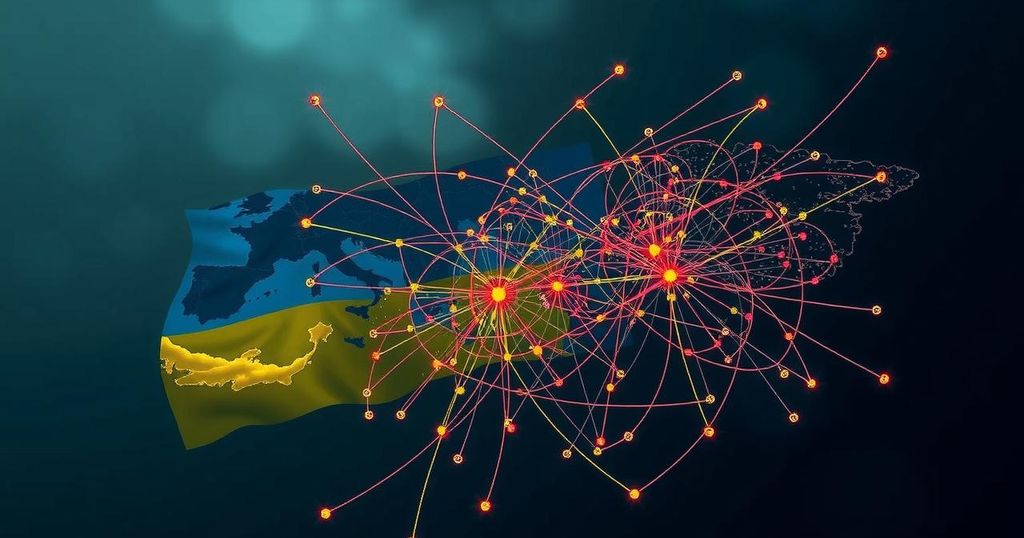Key Developments in the Ukrainian Crisis: North Korea’s Role and Trump’s Election

The Ukrainian crisis has been notably affected by the arrival of North Korean troops and Donald Trump’s election, marking a significant shift in international dynamics. This situation reflects a historical turn with unprecedented East Asian intervention in a European conflict, prompting changes in military support from the United States. Trump’s potential influence could lead to a new diplomatic phase, with opportunities for negotiations well foreseen by Ukrainian President Zelensky.
The escalating crisis in Ukraine has taken a significant turn due to two pivotal developments: the deployment of North Korean troops to Russia and the recent election of Donald Trump as President of the United States. The arrival of over 10,000 North Korean soldiers, alongside substantial arms transfers, signifies a notable shift in the international dynamics of the conflict, marking the first East Asian intervention in a European war since the Mongol invasions. This situation has been described by French President Emmanuel Macron as a “rupture,” prompting the Biden administration to adjust its support to Ukraine by allowing the use of long-range missiles against Russian targets. The implications of these occurrences extend beyond military engagement: Trump’s victory on November 5 heralds a potentially transformative phase in the international response to the war. President Zelensky has acknowledged Trump’s campaign commitment to resolving the Ukrainian crisis, which he views as a potential positive change after experiencing delays under the Biden administration. Both events have ushered in a precarious yet potentially fruitful period, with both sides of the conflict preparing to increase their strategic positions. Zelensky’s commendation of Trump’s notion of “peace through strength” indicates a possible opening for negotiations. The principle, initially popularized by historical figures and echoed by Trump’s former national security adviser Robert O’Brien, suggests a dual approach of military support combined with diplomacy, aiming to bring an end to hostilities while ensuring Ukraine’s security.
The current conflict in Ukraine has drawn international attention due to its implications for European security and global geopolitical dynamics. The Ukrainian crisis has involved numerous nations, with varying degrees of military and political engagement. President Zelensky’s administration has sought to navigate these complexities, particularly as Western nations have provided military support under varying degrees of urgency and commitment. The recent involvement of North Korean troops represents a stark shift in the conflict, marking an unprecedented East Asian engagement in a European theater of war, which could redefine alliances and military strategies. Moreover, the upcoming transition in U.S. leadership promises to influence the nature of support and diplomatic efforts pertaining to Ukraine. The recent election of Donald Trump, who has publically committed to addressing the Ukrainian situation, introduces an element of unpredictability and potential reinvigoration in U.S. foreign policy, which could impact Ukraine’s future and the broader regional stability.
In summary, the significant developments surrounding the arrival of North Korean troops in Russia and Donald Trump’s election have created a dynamic shift in the Ukrainian crisis. These events not only mark a historical turning point in conflict engagement but also set the stage for new diplomatic endeavors, potentially leading to a resolution of hostilities. President Zelensky’s positive reception of Trump’s leadership style and approach to military support signals an opportunity for renewed discussions on peace, stability, and cooperation in this increasingly complex geopolitical landscape.
Original Source: www.lemonde.fr








